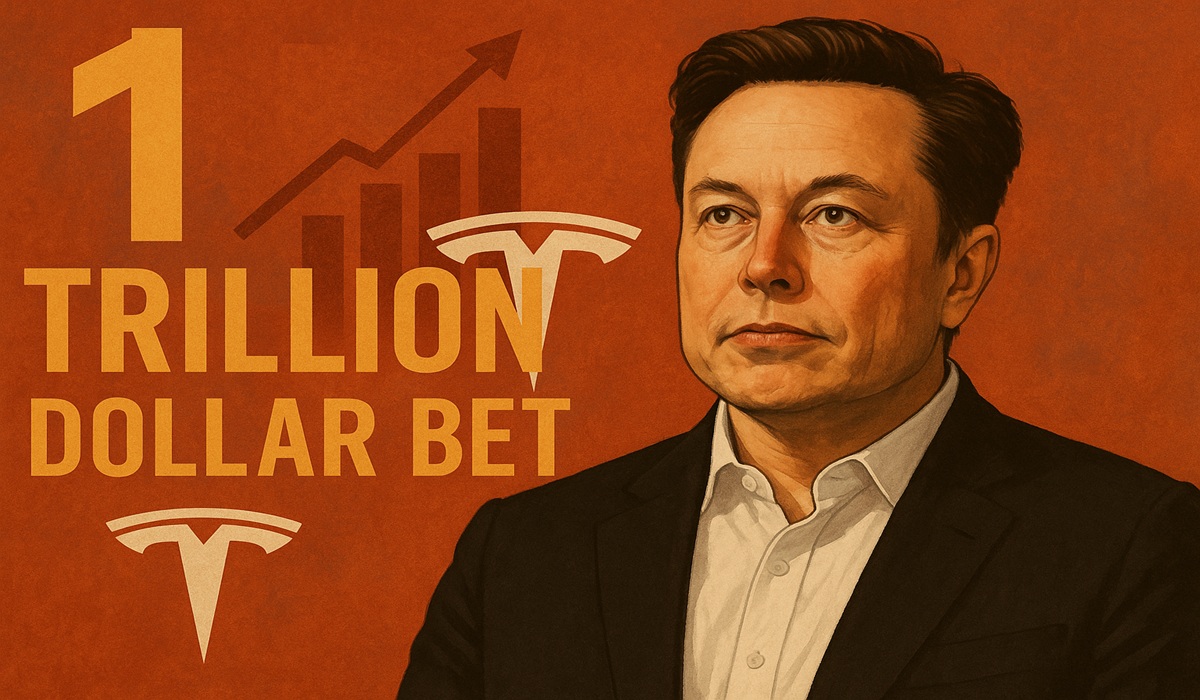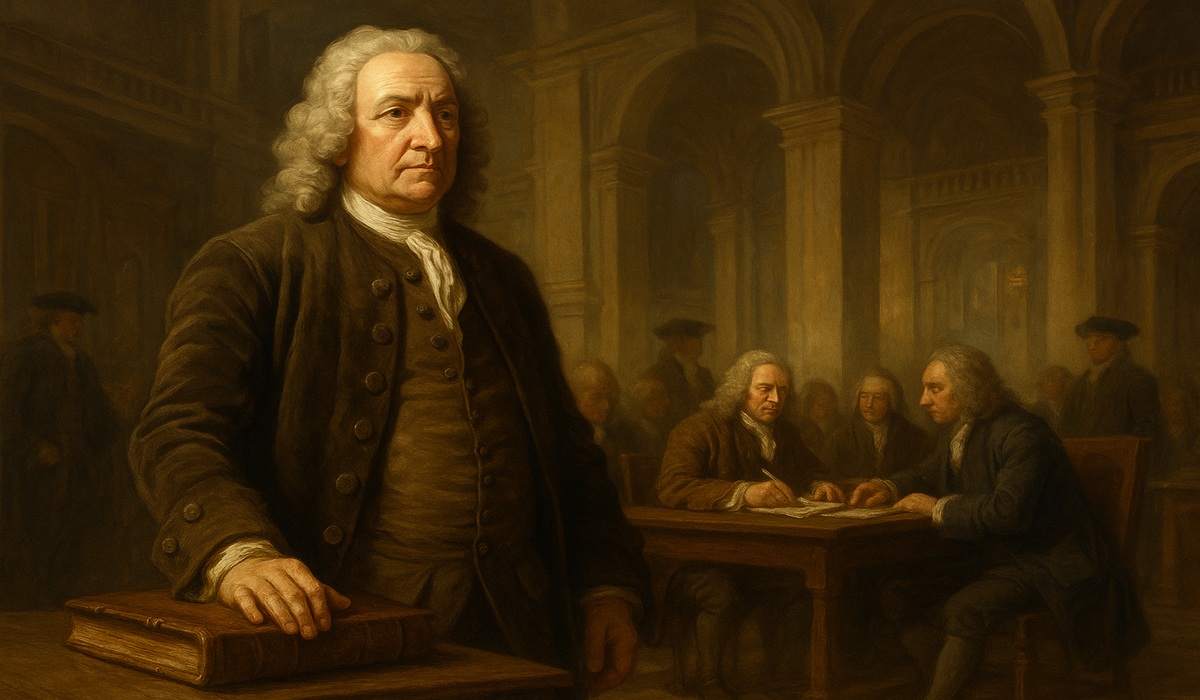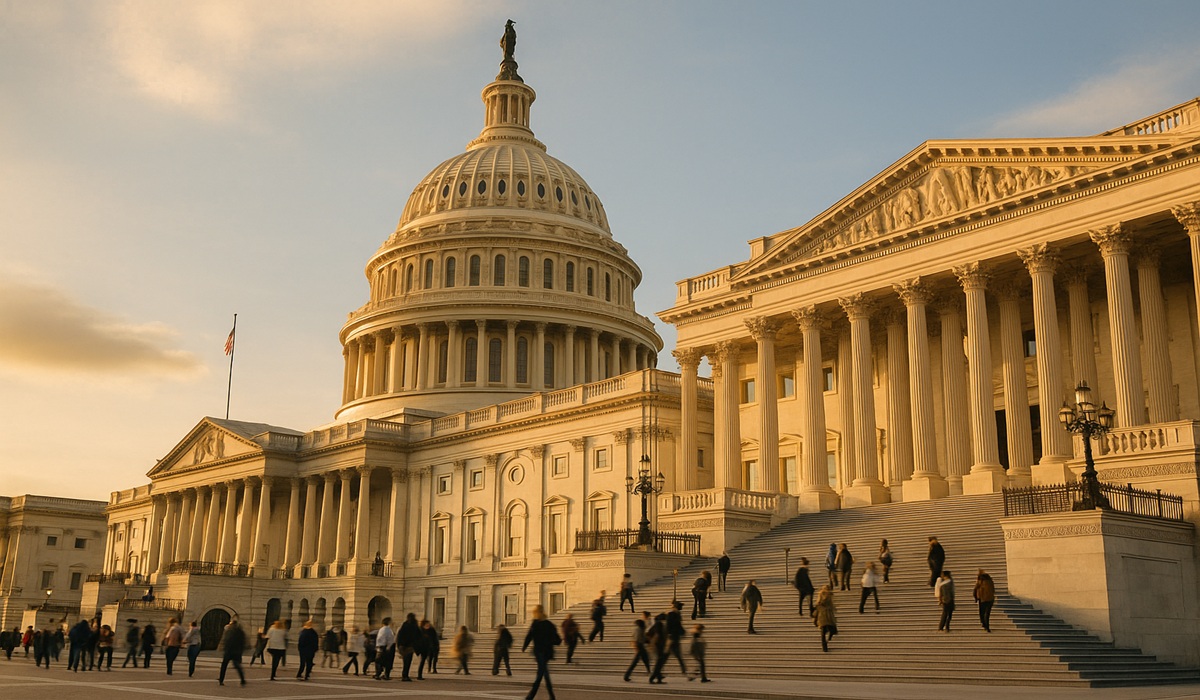The Tesla board has approved a new compensation plan for CEO Elon Musk that could, if achieved, make him the world’s first trillionaire. But unlike the perception that he’s been handed a golden ticket, the reality is far more complicated — and far riskier. Musk isn’t being rewarded for what Tesla already is. He’s being challenged to create what it has never been before.
At first glance, the decision seems to make sense. Tesla has become a juggernaut under Musk’s leadership, redefining not only electric vehicles but also the very architecture of energy, automation, and mobility. For shareholders, tying his compensation to performance is an act of loyalty to the company’s most important visionary. But beneath the fanfare lies the true story: Musk’s payout plan is less a guarantee and more a self-imposed wager — one with astronomical odds and equally staggering potential.
The plan is built around a series of milestones so high that many analysts describe them as nearly impossible. Each target depends on Tesla achieving market valuations in the multi-trillion-dollar range, reaching profit and revenue numbers that dwarf even the largest corporations on Earth, and successfully launching entirely new business divisions — including autonomous vehicles, humanoid robotics, and AI-driven energy systems. Musk will only receive his full stock awards if all of those conditions are met. If even one pillar fails, the massive payout remains out of reach.
To critics, that makes this package a symbol of excess — a company willing to indulge the ambitions of its mercurial founder. But to others, it’s precisely the opposite. They see it as Musk doubling down on himself, betting his wealth, reputation, and legacy on his ability to build the most transformative company in history. He will not receive a dime of this potential fortune unless Tesla breaks the laws of conventional growth.
What makes the move remarkable is that Musk already holds a significant portion of Tesla’s stock. The new plan would increase his ownership only if the company’s performance climbs to levels unseen in modern business. That means if he wins, Tesla’s investors win too — their shares would be worth exponentially more. If he loses, Musk gains nothing beyond what he already owns. It’s a structure designed not to reward comfort but to demand the extraordinary.
The stakes are enormous. To reach the required valuation thresholds, Tesla would need to dominate industries far beyond cars — from robotics and AI logistics to energy infrastructure and software. It would mean millions of self-driving vehicles on the road, factories running autonomously, and an AI workforce reshaping productivity itself. It’s a vision bordering on science fiction, but Musk has a habit of dragging the impossible into reality.
For the Tesla board, the approval was as much about belief as business. They see Musk not just as a CEO but as an ecosystem builder — the rare figure whose personal drive fuels the company’s culture and momentum. Still, this kind of incentive plan comes with its own risks. It concentrates power and expectation in one man’s hands, tying Tesla’s future to Musk’s unpredictable genius and unrelenting ambition.
If Musk pulls it off, the payoff will be monumental. Not only would he achieve an unprecedented financial milestone, but Tesla itself could become the first trillion-dollar company built primarily on renewable energy, automation, and AI. If he falls short, however, the entire structure will stand as a monument to audacity — a reminder that even visionaries can build ladders that stretch higher than human reach.
Either way, Musk’s newest gamble reinforces what has always set him apart. He doesn’t simply work for Tesla; he is Tesla. And with this plan, he’s made the boldest bet of his career — on himself.









